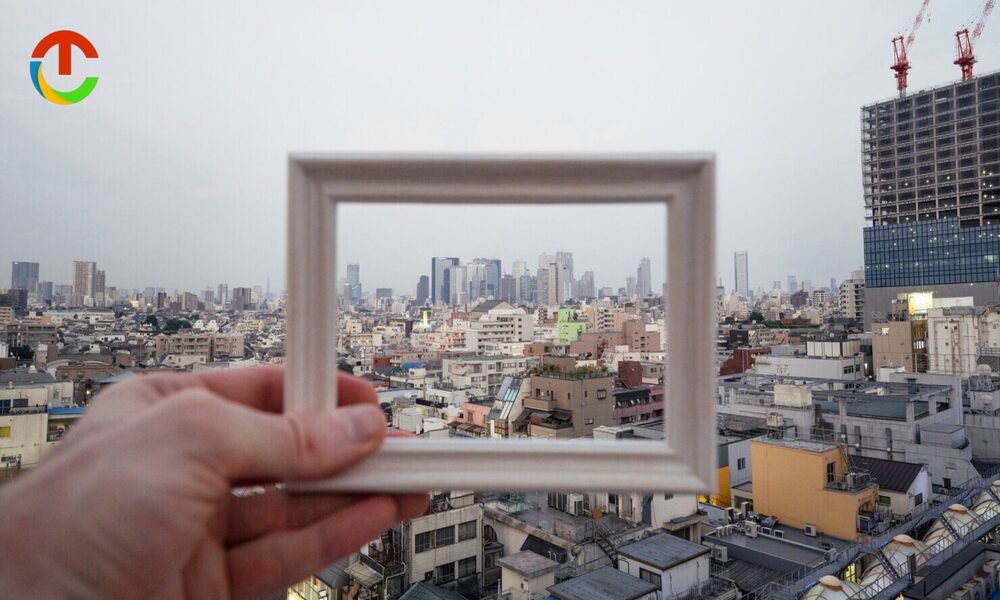Housing prices in Saudi Arabia have been playing an important part in the country’s rising inflation rate, which has already reached 1.7%, according to the General Authority for Statistics (GASTAT). The rise in the cost of living has drawn attention to the wider economic factors at work, particularly in the real estate industry.
What’s Behind the 1.7% Inflation in Saudi Arabia?
The official inflation rate for Saudi Arabia was recorded at 1.7% for the month of December 2024, marking a notable uptick from previous months. GASTAT’s report highlighted housing prices as one of the major contributors to this rise. This sector alone accounted for a large portion of the overall price increase. As demand for both residential and commercial properties continues to grow, the price hikes are having a tangible impact on Saudi consumers.
Several factors have fueled the surge in housing prices. These include an increasing demand for housing in major cities like Riyadh and Jeddah, alongside a growing middle class seeking more upscale housing options. Additionally, government efforts to diversify the economy, such as those outlined in the Vision 2030 plan, have also contributed to an uptick in construction activities and demand for properties.
The inflationary trend is not solely confined to housing, however. GASTAT’s report also pointed to rising prices in other sectors such as food, transportation, and healthcare. While these areas have seen moderate price increases, it is the housing market that has dominated the overall inflation story.
Housing Prices and Their Economic Impact
Rising housing prices are a major concern for Saudi residents, particularly for young families and first-time homebuyers. In many areas, the cost of both renting and purchasing homes has outpaced wage growth, which could result in a decrease in consumer purchasing power. This scenario, experts warn, may exacerbate social inequality if left unchecked.
To address these challenges, the Saudi government has rolled out various initiatives aimed at stabilizing the housing market. These include financing programs for first-time homebuyers, as well as steps to increase housing supply through the construction of affordable units. However, critics argue that these efforts have yet to fully meet the growing demand, and housing prices continue to rise in some urban areas.
With the ongoing implementation of Vision 2030, the Saudi economy is undergoing a significant transformation. While this is expected to lead to long-term growth and diversification, short-term challenges such as rising inflation and housing costs may persist.
Can Saudi Arabia Control Housing Inflation?
The main question facing Saudi policymakers is whether they can effectively manage the inflationary pressures in the housing market. A portion of the population has already expressed concern over the affordability of housing, especially in high-demand cities. Government efforts to provide more affordable housing and curb speculative real estate investments will likely play a central role in addressing these concerns.
As the government continues to push for economic diversification, it remains to be seen whether housing prices will stabilize or continue to climb in the coming months. Experts suggest that balancing growth in both the housing sector and other key industries will be crucial for maintaining overall economic stability.
In conclusion, Saudi Arabia’s 1.7% inflation rate is largely driven by the rising cost of housing, but it is not the only factor at play. As the country works towards its Vision 2030 goals, it must tackle the challenges posed by increasing demand and rising prices in key sectors to ensure that inflation remains manageable and does not erode the purchasing power of its citizens.









